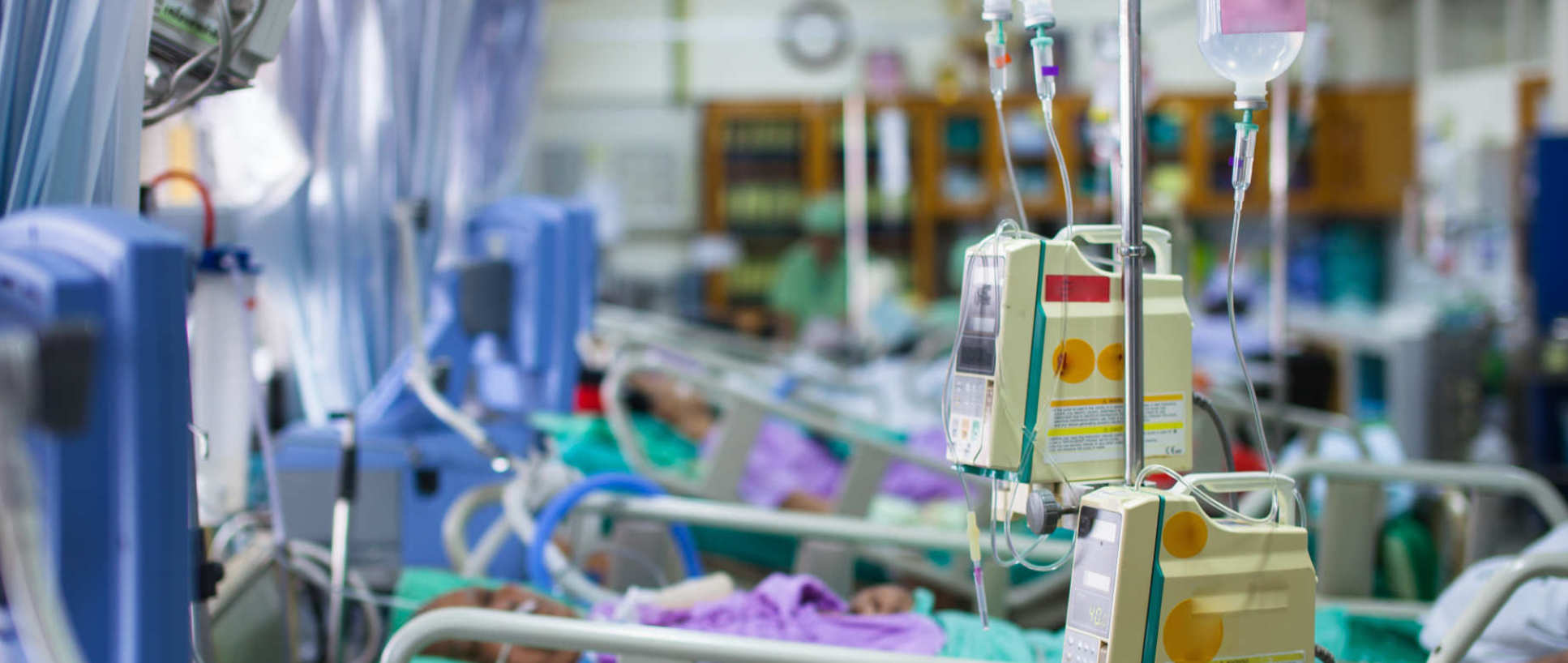BibTex format
@article{Perner:2016:10.1007/s00134-016-4577-z,
author = {Perner, A and Gordon, AC and De, Backer D and Dimopoulos, G and Russell, JA and Lipman, J and Jensen, JU and Singer, M and Bellomo, R and Walsh, T},
doi = {10.1007/s00134-016-4577-z},
journal = {Intensive Care Medicine},
pages = {1958--1969},
title = {Sepsis: frontiers in diagnosis, resuscitation and antibiotic therapy},
url = {http://dx.doi.org/10.1007/s00134-016-4577-z},
volume = {42},
year = {2016}
}
RIS format (EndNote, RefMan)
TY - JOUR
AB - Sepsis is a major growing global burden and a major challenge to intensive care clinicians, researchers, guideline committee members and policy makers, because of its high and increasing incidence and great pathophysiological, molecular, genetic and clinical complexity. In spite of recent progress, short-term mortality remains high and there is growing evidence of long-term morbidity and increased long-term mortality in survivors of sepsis both in developed and developing countries. Further improvement in the care of patients with sepsis will impact upon global health. In this narrative review, invited experts describe the expected challenges and progress to be made in the near future. We focus on diagnosis, resuscitation (fluids, vasopressors, inotropes, blood transfusion and hemodynamic targets) and infection (antibiotics and infection biomarkers), as these areas are key, if initial management and subsequent outcomes are to be improved in patients with sepsis.
AU - Perner,A
AU - Gordon,AC
AU - De,Backer D
AU - Dimopoulos,G
AU - Russell,JA
AU - Lipman,J
AU - Jensen,JU
AU - Singer,M
AU - Bellomo,R
AU - Walsh,T
DO - 10.1007/s00134-016-4577-z
EP - 1969
PY - 2016///
SN - 1432-1238
SP - 1958
TI - Sepsis: frontiers in diagnosis, resuscitation and antibiotic therapy
T2 - Intensive Care Medicine
UR - http://dx.doi.org/10.1007/s00134-016-4577-z
UR - http://hdl.handle.net/10044/1/41175
VL - 42
ER -



 Critical care involves the care of the sickest patients in the hospital. Critically ill patients have usually been through a significant insult to their body (such as trauma, infection, burn) and have developed organ failure and require life-support. Critical Care is the largest theme bringing together clinicians and scientists from diverse backgrounds and includes collaborative research from hospitals throughout north-west London. Investigations range from evaluating biological mechanisms of organ failure through to the development of innovative technologies which allow the short-term and long-term support and recovery of organs.
Critical care involves the care of the sickest patients in the hospital. Critically ill patients have usually been through a significant insult to their body (such as trauma, infection, burn) and have developed organ failure and require life-support. Critical Care is the largest theme bringing together clinicians and scientists from diverse backgrounds and includes collaborative research from hospitals throughout north-west London. Investigations range from evaluating biological mechanisms of organ failure through to the development of innovative technologies which allow the short-term and long-term support and recovery of organs.